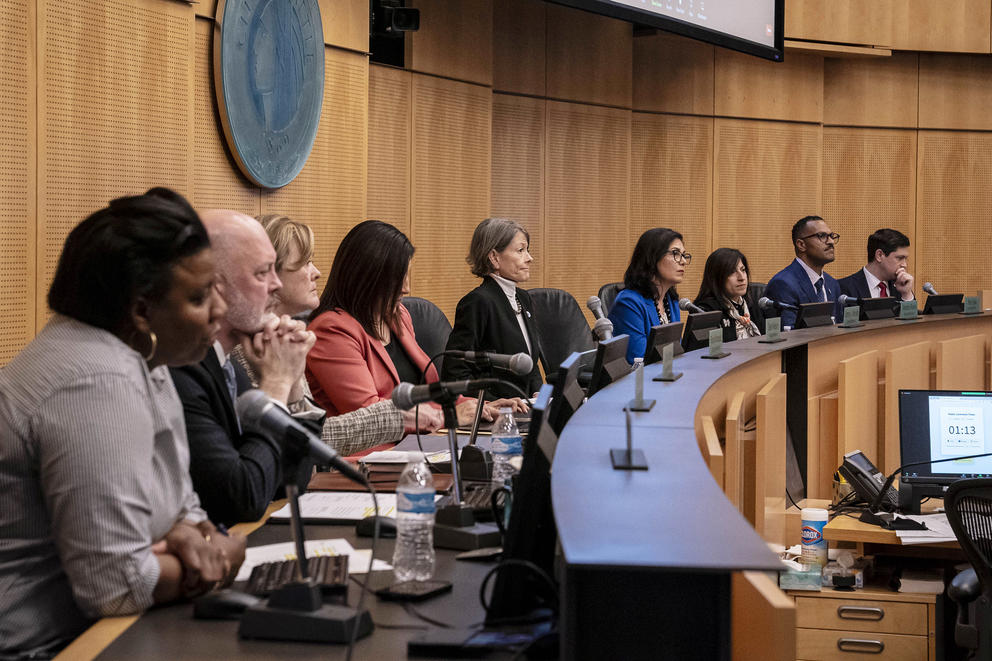As Washingtonians continue to suffer the fatal effects of fentanyl, three local advocates took to the stage at the Crosscut Ideas Festival on Saturday and spoke about how to support people experiencing substance-use disorder.
"Overdose does not have to be fatal,” said Brad Finegood, strategic adviser at Public Health – Seattle & King County.
Finegood’s brother died of a drug overdose, something he believes could have been prevented if the person who had been with his brother at the time of his death knew what an overdose looked like.
He and his co-panelists — Julian Saucier, a drug policy advocate currently in recovery from substance-use disorder, and Darcy Jaffe, senior vice president of safety and quality at the Washington State Hospital Association — agreed on what’s not working: criminalizing people who are experiencing addiction; shaming and judging; stigmatizing substance-use disorder.
Seattle, like many other cities throughout the country, has seen an increase in deaths related to fentanyl, a synthetic opioid 50 times more potent than heroin. Panelists noted fentanyl has impacted communities of color in particular, and rural areas as well.
The three emphasized different ways to confront the crisis, like educating youth and making naloxone — which can reverse the effects of a drug overdose — more accessible.










